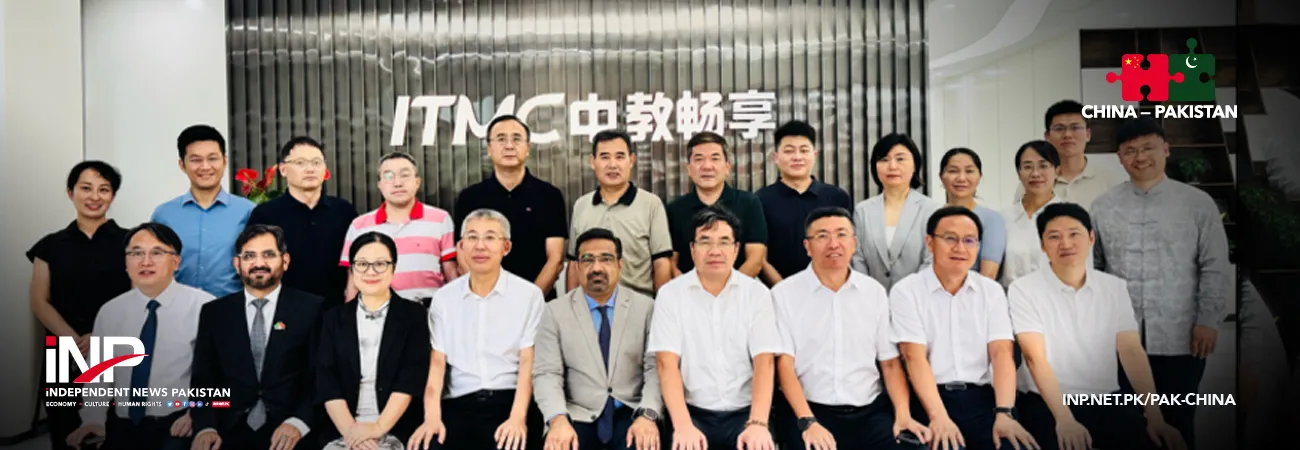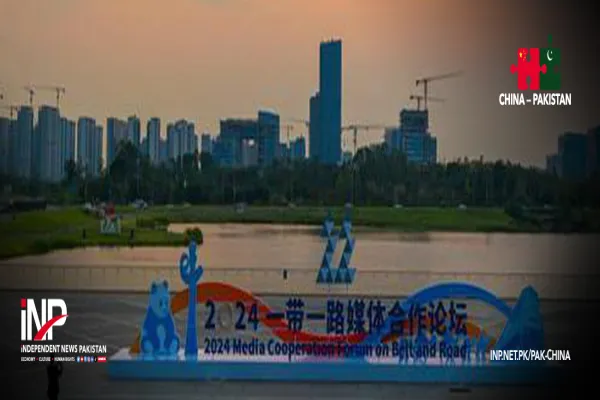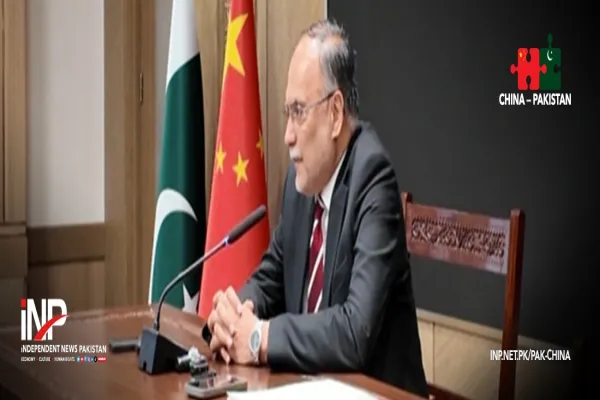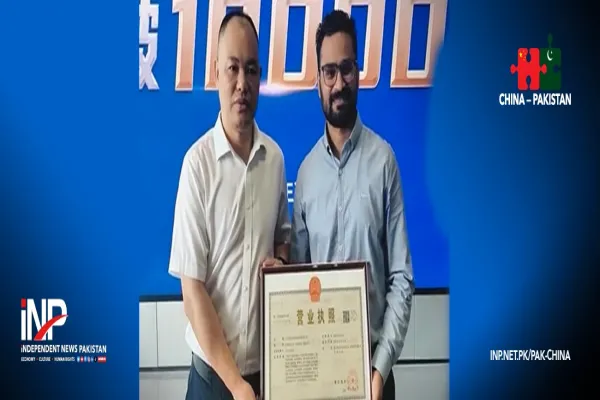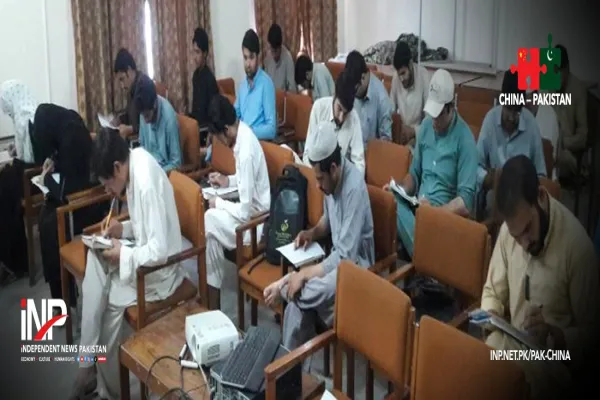i NEWS PAK-CHINA
The China-Pakistan Digital Education Alliance celebrated its first anniversary with a high-level forum on vocational education cooperation held in Nanjing. The event brought together key stakeholders including Muhammad Amir Jan, Executive Director of Pakistan’s National Vocational and Technical Training Commission (NAVTTC); Xue Maoyun, Chinese Chairman of the China-Pakistan Digital Education Alliance; Wang Peng, General Manager of ITMC; as well as representatives from over a dozen vocational institutions. Together, they discussed a new roadmap for deepening bilateral cooperation in vocational education.
Over the past year, the Alliance has grown significantly, with a notable increase in member institutions and the gradual rollout of several joint projects. So far, 33 international teaching resource initiatives have been signed. The Alliance has also established flagship industry-education integration hubs such as the "Kaiwu Workshop," "Ban-Mo Academy," and "Silk Road College," all of which embody the Alliance's principle of joint consultation, construction, and shared benefits. These achievements represent a new model for internationalizing vocational education through digital technology.
Looking ahead, the Alliance plans to further strengthen cooperation under the theme of “Digital as a Bridge, Vocational Education as the Link,” with the aim of training more high-skilled "digital craftsmen" to support the development of China-Pakistan Economic Corridor (CPEC) and to further grow the deep-rooted friendship between the two nations.
Muhammad Amir Jan praised China’s accomplishments in digitalization and the informatization of vocational education, calling them world-leading. He noted that with Pakistan’s large youth population, vocational training is key to transforming demographic potential into a skilled workforce—and China’s experience is critical in this regard.
According to him, these collaborations have significantly improved employment rates and contributed to industrial upgrading. Looking to the future, Jan proposed that both sides prioritize joint work on developing vocational standards, specialized skills training, academic cooperation, and the promotion of successful models. He warmly invited Chinese institutions and enterprises to design more targeted, high-impact programs in digital skills—especially in areas like e-commerce, IT, and artificial intelligence.
At the same time, he encouraged expanded cooperation in trades such as welding, electrical work, plumbing, and hotel management to empower Pakistani youth and support Chinese enterprises operating in Pakistan. A highlight of the forum was the unveiling ceremony of the new “Pakistan Vocational Teacher Training Base (China),” a platform dedicated to strengthening teaching capacity across both nations.
The base will incorporate China’s advanced vocational education concepts and pedagogy, laying a solid foundation for cultivating high-quality, locally-based instructors in Pakistan. In addition, the Alliance’s Deputy Secretary General on the Pakistani side, Zargham Abbas, announced the first round of faculty training programs aligned with Pakistan’s Prime Minister’s Youth Program.
Beginning in the second half of 2025, the initiative will prioritize training 200 teachers in emerging areas such as cross-border e-commerce and livestreaming, Gwadar Pro reported on Monday.
Credit: Independent News Pakistan (INP) — Pak-China


